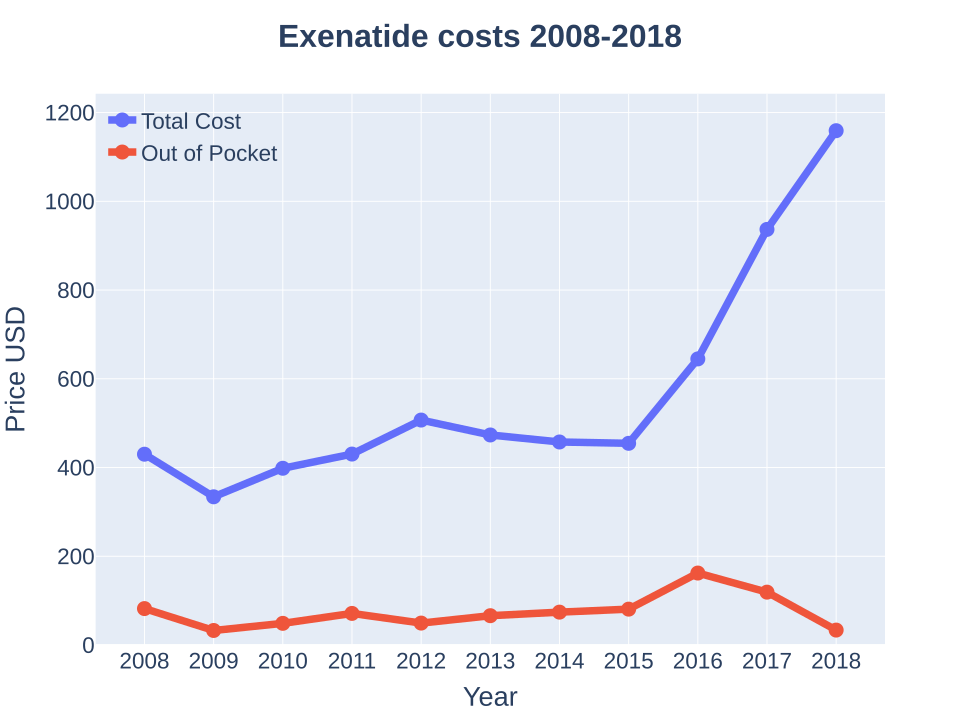Genomic Revolution: Transforming Healthcare in Emerging Markets

The genomic revolution is rapidly reshaping healthcare systems across emerging markets, promising a new frontier in medicine that enhances disease prevention, treatment precision, and public health infrastructure. From Egypt to China, the integration of genomics into healthcare facilitates proactive interventions, significantly improving health outcomes and lowering costs. This article explores the current landscape, growth projections, and the challenges faced by nations in this transformative journey.
**Introduction to Genomic Healthcare** Genomics, the study of an organism's complete set of DNA, offers unprecedented opportunities for healthcare advancements. By enabling early detection and prevention of diseases, genomics facilitates timely interventions for conditions like diabetes, heart disease, and cancer, which are prevalent in many emerging economies. According to Dr. Sarah Johnson, Professor of Genetics at Stanford University, "Genomics empowers healthcare professionals to predict health risks long before symptoms arise, allowing for personalized and effective treatment strategies."
**Current Landscape and Market Growth** Emerging markets are experiencing a surge in the adoption of genomic technologies, driven by improvements in healthcare infrastructure and rising public demand for personalized medicine. Market data indicates significant growth, with China leading the charge. A report by Grand View Research published in May 2023 projects that China’s genomics market will expand from $2,721 million in 2024 to $8,314 million by 2030, reflecting a compound annual growth rate (CAGR) of 20%. Similarly, India's genomics market is expected to grow from $841 million in 2024 to $2,434 million by 2030, with a CAGR of 19%, as reported by Research and Markets in June 2023.
Countries like Egypt are also making strides; their Hepatitis C elimination initiative has successfully cured over two million people through nationwide screening programs. Dr. Amina El-Sayed, Director of the Egyptian Genome Project, noted, "Our efforts have shown that genomic approaches can drastically reduce disease prevalence and improve public health outcomes."
**Challenges to Widespread Adoption** Despite the potential benefits, the integration of genomics in healthcare faces significant barriers. The high cost of sequencing equipment, often exceeding $100,000, limits access in many developing countries. A 2022 report by the World Health Organization outlined that the disparity in resources is exacerbated by a shortage of skilled professionals. For instance, the United States has approximately 27 times more medical geneticists per million people than South Africa, reflecting a critical gap in healthcare capacity.
Furthermore, the underrepresentation of local genomic data poses another challenge. Research published in the *Nature Reviews Genetics* in April 2023 indicates that populations in Africa and Southeast Asia contribute less than 15% of the genomic data used in global research, which can lead to health inequities and ineffective treatment strategies in these regions.
**Strategic Imperatives for Growth** To harness the full potential of genomics, strategic imperatives must be established. Increased investment from both public and private sectors is crucial. According to Dr. James Kim, Head of Genomic Research at the World Bank, "Public-private partnerships can drive innovation and help overcome existing hurdles in genomic healthcare implementation."
Workforce training programs are essential to develop a skilled labor pool capable of managing and interpreting genomic data. Additionally, the establishment of robust regulatory frameworks will ensure the ethical application of genomics in clinical settings. Expanding the diversity of genomic data is also vital; targeted initiatives should be developed to accurately represent the genetic variability within local populations.
**Conclusion and Future Outlook** As technology continues to evolve and costs decrease, the genomic revolution is set to redefine healthcare in emerging markets. The coming years will be pivotal, as nations that strategically invest in genomic capabilities will not only enhance their healthcare systems but also contribute significantly to global health advancements. The promise of personalized medicine is becoming a tangible reality, offering hope for millions around the globe.
Ayush Singh, Practice Member, Healthcare & Lifesciences, Praxis Global Alliance.
Advertisement
Tags
Advertisement





